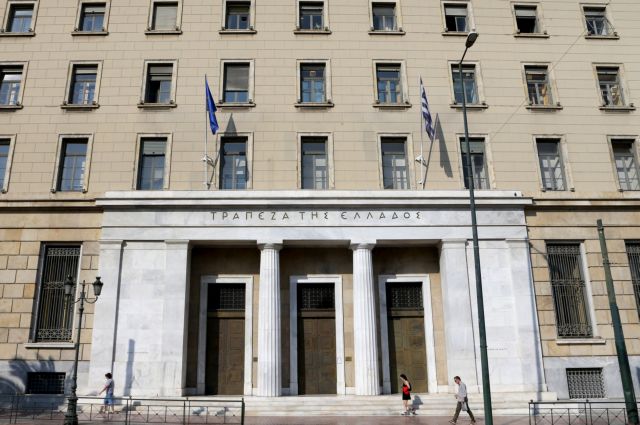Domestic and international conditions seem ideal for the still embattled Greek economy and epecially for the private sector which has been struggling for years.
The economic cleanup has largely been completed. An economic restructuring is in progress. Cost is being checked. There have been gains in competitiveness. The outlook has changed. The government is more investment-friendly. Most importantly, the international credit environment has improved.
Beyond the domestic economic juncture, in the US one has the first interest rate drop in many years and there will be a comparable one in Europe which will apparently be combined with new bond markets and waves of liquidity in eurozone countries.
Greece, which is now borrowing with record low interest rates and can hope for a definitive exit from the crisis, will be able to borrow more money more cheaply.
This is especially true for the private sector which all these years had limited access to capital and was left to its own devices.
Unfortunately, this positive juncture is being undermined by the problems of Greek banks which must clean up their balance sheets more swiftly in order to play their proper role in a period of economic rebirth.
Still weak, banks will be pressured if they do not manage to offer the economy cheaper money at this critical juncture when an economic take-off is the objective.
It would be a pity if even as businesses and dynamic investments are developing they would have to borrow with a 4% or 5% interest rate, compared to 1% internationally.
That would mean that businesses would lose their position in the Greek economy and would immediately be replaced by healthier competitors.
There is no time to waste.
Greek banks must ply forward with cleaning up their books so as to participate in the expected private sector economic take-off.
Otherwise they will be lost. There is no room for postponements and reservations.



